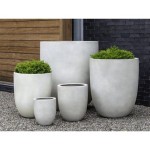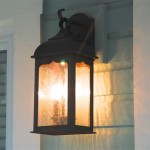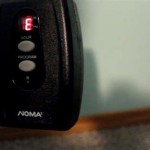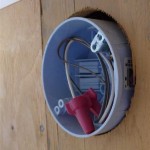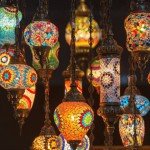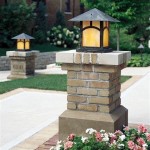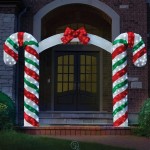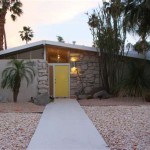Can Indoor Lights Be Used Outdoors? Essential Aspects to Consider
Understanding the essential aspects of using indoor lights outdoors is crucial for both safety and effectiveness. Inappropriate lighting can create a host of problems, including electrical hazards, reduced visibility, and aesthetic incongruity.
This article will delve into the key considerations that must be addressed when determining whether indoor lights can be used outdoors. We will explore the factors that impact the suitability of indoor lights for outdoor use, including environmental factors, electrical requirements, and aesthetic compatibility. By the end of this article, readers will have a comprehensive understanding of the essential aspects to consider before using indoor lights outdoors.
## Environmental FactorsThe harsh conditions of the outdoors can significantly impact the lifespan and performance of indoor lights. Moisture, temperature fluctuations, and exposure to dust and debris pose potential risks to indoor lights not designed to withstand these elements. It is essential to consider the following environmental factors when assessing the suitability of indoor lights for outdoor use:
- Moisture Resistance: Outdoor lights must have a high level of moisture resistance to prevent damage from rain, snow, and humidity. The Ingress Protection (IP) rating is used to indicate a light fixture's resistance to moisture and dust. A higher IP rating, such as IP65 or IP67, indicates greater protection against moisture.
- Temperature Range: Indoor lights may not be designed to withstand extreme temperatures, especially in areas with harsh winters or hot summers. Ensure the light fixture has a wide temperature range to accommodate the expected temperature variations in your location.
- UV Resistance: Prolonged exposure to ultraviolet (UV) radiation from the sun can deteriorate the materials used in indoor lights. Choose light fixtures with UV-resistant components to prevent fading, cracking, and other damage.
Electrical safety is paramount when using indoor lights outdoors. Ensure that the electrical requirements of the indoor light are compatible with the outdoor environment. The following electrical considerations are essential:
- Voltage: The voltage of the indoor light must match the voltage of the outdoor power source. Using a light fixture with an incompatible voltage can damage the light or create an electrical hazard.
- Wiring: The wiring of the indoor light must be suitable for outdoor use. Outdoor wiring is typically thicker and more durable than indoor wiring to withstand harsh conditions.
- Grounding: Grounding is an essential safety feature that protects against electrical shocks. Ensure the indoor light is properly grounded using a ground wire or grounding rod.
In addition to the practical considerations discussed above, aesthetic compatibility is also an important factor when using indoor lights outdoors. The style and design of the light should complement the outdoor décor and surroundings. Consider the following aesthetic considerations:
- Style: The style of the indoor light should match the architectural style of your home or outdoor space. A modern indoor light may not be suitable for a traditional outdoor setting, and vice versa.
- Size and Scale: The size and scale of the indoor light should be appropriate for the outdoor area. A small, delicate light may be overwhelmed by a large outdoor space, while a large, imposing light could overpower a small outdoor space.
- Light Output: The light output of the indoor light should provide the appropriate amount of illumination for the outdoor area. Too little light can create a safety hazard, while too much light can be uncomfortable or visually unappealing.
By considering these essential aspects, you can determine whether indoor lights are suitable for outdoor use in your specific situation. Remember to prioritize safety and functionality while also considering aesthetic compatibility. By following the guidelines outlined in this article, you can make informed decisions that will enhance the safety, effectiveness, and beauty of your outdoor lighting.

Can Outdoor Lights Be Used Indoors Led Lighting Info

Can You Use Indoor Lights Outside Find Out Now Upgradedhome Com

Can You Use Indoor Led Flood Lights Outdoor Lighting Info
What Is The Difference Between Indoor And Outdoor Lighting Bbier Ledlighting Quora
What Is The Difference Between Indoor And Outdoor Lighting Bbier Ledlighting Quora

Indoor Vs Outdoor Lighting Are They Interchangeable Kirby Electric

Can Outdoor Lights Be Used Indoors Led Lighting Info

Installation Of Indoor And Outdoor Lighting My Trusted Expert

Outdoor Vs Indoor Lights How Are They Diffe

Can I Use An Indoor Extension Cord Outside For Lights
Related Posts
